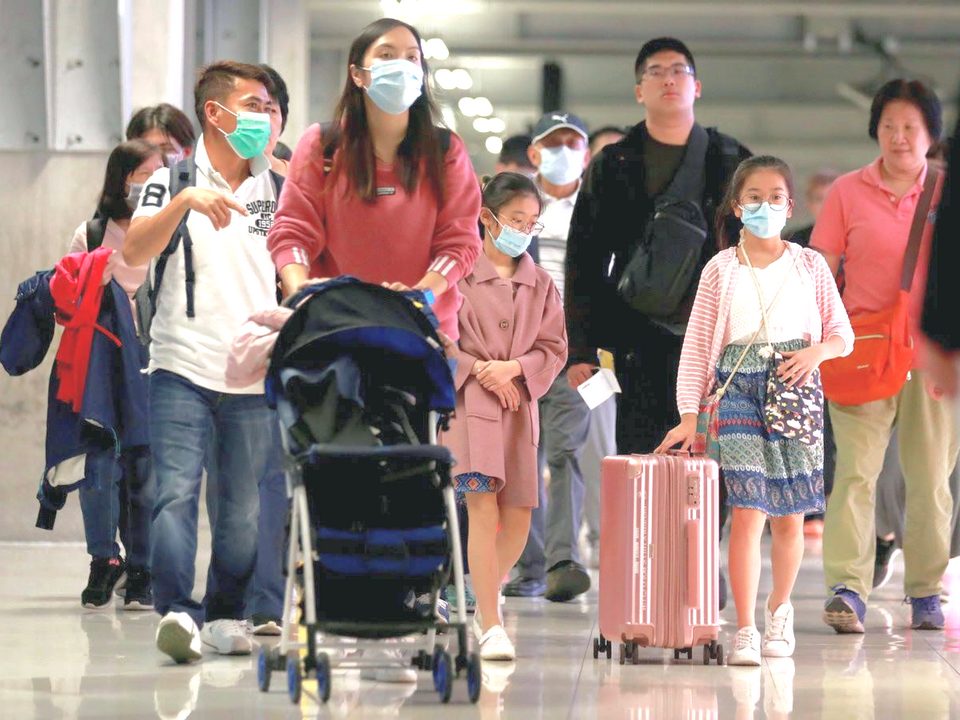
Chinese charter-group tours to Thailand remain banned for now because of Beijing’s ongoing anti-covid crackdown. But the Civil Aviation Administration of China notes that scheduled flights between Bangkok and principal Chinese cities have now achieved 70 percent of the frequency prior to the pandemic. Meanwhile, Chinese health bureaucrats are working on plans to soften the country’s “dynamic zero” covid policy. They propose cancelling the unpopular policy of fining airlines which bring infected passengers into the country and also replacing compulsory quarantine for arrivals in hotels or state facilities by unsupervised home isolation.
More and more well-to-do Chinese are seeking out Thailand’s latest batch of long residence visas. Sales of Thailand’s Elite cards to Chinese nationals have surged 185 percent, according to a report in the Bangkok Post quoting the chairman of Thailand Privilege Card. There are now 7,350 Chinese members of the program out of a total of around 20,000, far and away the largest single nationality segment. The most popular Elite choice (there are several options) is the 5-year Elite Flexible One program which is specifically designed for investors wishing to purchase property units worth at least 10 million baht (US$320,000) by partnering Thai registered property developers. This Elite card can then be upgraded to a 20 years visa.
At the moment, the property purchasing is limited to condominium units. But if Thai law is changed to allow wealthy foreigners to purchase landed property – the matter is currently in the public spotlight – the Flexible One program could be a suitable route. Although Elite cards do not include the granting of a work permit, special decree amendments already made to the alien labor act mean that attending business meetings and acting on behalf of a foreign corporation no longer carry threats of fines, jail and deportation. About half of all condominium units registered in foreign names in Bangkok, Pattaya and other Thai resorts are Chinese owned.
Chinese nationals are also the biggest number of applicants for Thailand’s 10 year LTR (long term residence) visa which was launched on September 1. No recent figures have been released by Thailand’s Board of Investment, but Chinese news agencies claim that Chinese nationals cover 60 percent of the modest 2,500 applications to date. This is likely true as Chinese applications for Cambodia’s competing Second Home Program comprise similar numbers.
Although the LTR route offers a digital work permit, which Elite does not, there is a lot of overlap between the schemes. The fact that Elite is cheaper and less bureaucratic, does not require mandatory health insurance and excuses holders from tax on overseas earnings may be deciding factors in the eyes of Chinese investors wanting a regular base outside of the mother country. European expats may snap and snarl at these long stay visas as they grapple with the ever-changing immigration rules for one year renewals. But Thailand isn’t looking in their direction right now.
 |
 |
 |





